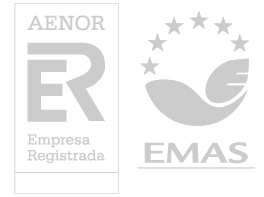INGLÉS C1+.1
- Desde: 29/9/20
- Hasta: 22/12/20
- Campus de Valencia
- Idioma: Castellano
- Online
Preinscripción desde el 27/7/20
Matrícula disponible hasta el 18/9/20
Promovido por:
Centro de Lenguas
Responsable de la actividad:
Director/a Centro De Lenguas
Modalidad
| Presencial | Online | Emisión en directo |
|---|---|---|
|
0 horas |
0 horas |
60 horas* |
| Horario |
|---|
|
Tarde
|
| Lugar de impartición |
|---|
| 50% Centro de Lenguas de la UPV. Edificio P 50% ON-LINE. Plataforma TEAMS/POLIFORMAT |
Asistencia
ONLINE
2020-2021
6
Valencia
Presenciales
Online
| Precio | Colectivo | Plazos |
|---|---|---|
| 265 € | Alumni UPV PLUS o AAA UPV | 1 plazo |
| 265 € | Personal UPV | 1 plazo |
| 265 € | Alumno UPV | 1 plazo |
| 265 € | Familiares de primer y segundo grado (Alumnado, AlumniPLUS y Personal UPV) así como vinculados a la UPV (trabajadores de concesiones, jubilados UPV) que tengan Carnet UPV en vigor | 1 plazo |
265,00 € - Personal UPV
265,00 € - Alumno UPV
No permitido - Público en general
265,00 € - Familiares de primer y segundo grado (Alumnado, AlumniPLUS y Personal UPV) así como vinculados a la UPV (trabajadores de concesiones, jubilados UPV) que tengan Carnet UPV en vigor





